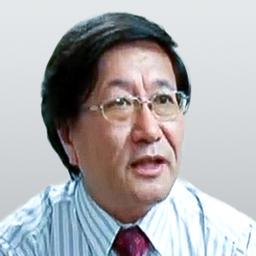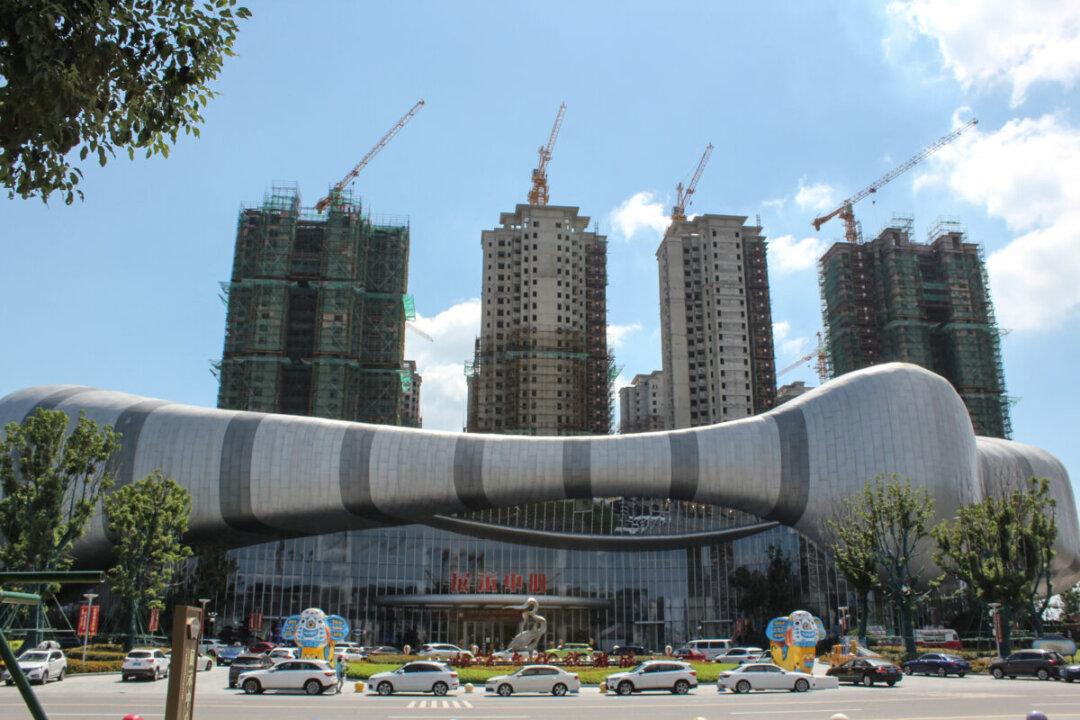Commentary
U.S. President Joe Biden, in his first foreign policy speech, called China the “most serious competitor” of the United States. However, Biden’s own China policy is ambivalent, sometimes showing favor toward the Chinese Communist Party (CCP) and sometimes showing toughness.





